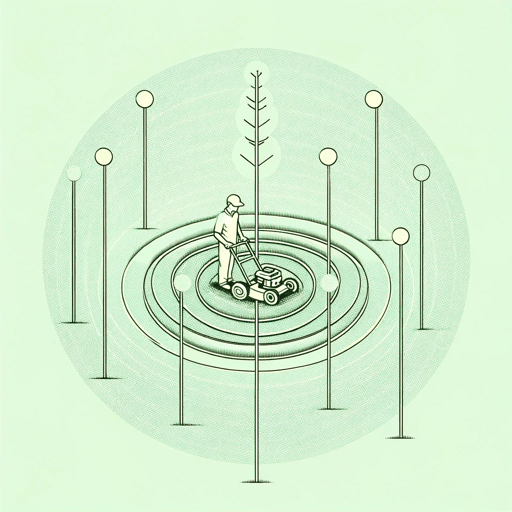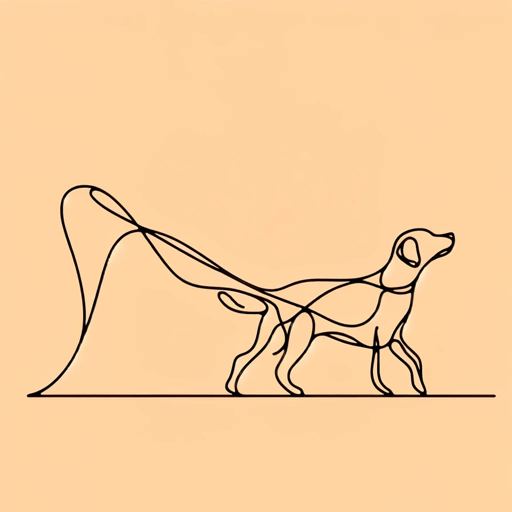19 pages • 38 minutes read
Ada LimónDead Stars
Fiction | Poem | Adult | Published in 2018A modern alternative to SparkNotes and CliffsNotes, SuperSummary offers high-quality Study Guides with detailed chapter summaries and analysis of major themes, characters, and more.
Summary and Study Guide
Overview
“Dead Stars” is a poem by Mexican American writer Ada Limón. The poem is included in her 2018 collection, The Carrying, which won the National Book Critics Circle Award for poetry. Contemplative and meditative, the poem aligns with much of Limón’s other work, which questions the contemporary human condition—both the good and the bad. With “Dead Stars,” Limón considers the present moment, suburban sprawl and the forgotten past, and concludes the poem with a message calling for love and empathy. Throughout, the poem is filled with dualities and complications. The speaker is immersed in nature but detached from it. The stars have been categorized into constellations, but the names are old; their locations in the sky forgotten. Still, Limón sees the potential for people to more fully embrace their emotions, and to enter a renewed and vivid relationship with the natural world.
Poet Biography
Ada Limón was born in 1976 in Sonoma, California. Limón’s mother was a visual artist and raised her daughter with an appreciation for art and literature. Limón studied theater at the University of Washington and later received her MFA from New York University. She has authored five poetry collections, earning numerous artistic and professional achievements along the way. Her poetry has been published in venues including the New Yorker, Harvard Review, and Pleiades. Her fourth collection, Bright Dead Things (2015), was a finalist for the National Book Award, and her fifth, The Carrying (2018), won a National Book Critics Circle Award. She’s a recipient of the Guggenheim Fellowship for poetry and was awarded a fellowship from the Fine Arts Work Center in Massachusetts. Currently, she serves on the faculty of the Queens Charlotte Low Residency MFA program and divides her time between Lexington, Kentucky and Sonoma, California.
Throughout her various collections, Limón fills her work with juxtapositions. Her poetry is dark and brooding, ruminating on death and failure, but is also playful and humorous. She focuses on loneliness while simultaneously finding the ways all life is connected. Her success and awards have established her as a unique voice amongst contemporary American poets, and a notable voice amongst Latinx writers working in 2021.
Poem Text
Out here, there’s a bowing even the trees are doing.
Winter’s icy hand at the back of all of us.
Black bark, slick yellow leaves, a kind of stillness that feels
so mute it’s almost in another year.
I am a hearth of spiders these days: a nest of trying.
We point out the stars that make Orion as we take out
the trash, the rolling containers a song of suburban thunder.
It’s almost romantic as we adjust the waxy blue
recycling bin until you say, Man, we should really learn
some new constellations.
And it’s true. We keep forgetting about Antlia, Centaurus,
Draco, Lacerta, Hydra, Lyra, Lynx.
But mostly we’re forgetting we’re dead stars too, my mouth is full
of dust and I wish to reclaim the rising—
to lean in the spotlight of streetlight with you, toward
what’s larger within us, toward how we were born.
Look, we are not unspectacular things.
We’ve come this far, survived this much. What
would happen if we decided to survive more? To love harder?
What if we stood up with our synapses and flesh and said, No.
No, to the rising tides.
Stood for the many mute mouths of the sea, of the land?
What would happen if we used our bodies to bargain
for the safety of others, for earth,
if we declared a clean night, if we stopped being terrified,
if we launched our demands into the sky, made ourselves so big
people could point to us with the arrows they make in their minds,
rolling their trash bins out, after all of this is over?
Limón, Ada. “Dead Stars.” 2018. Poets.org.
Summary
A speaker observes the outdoors. Trees bow. Winter feels like an icy hand touching everything. The bark of the trees is black, and leaves are yellowed--everything is so still the present moment feels like the past. The speaker sees themselves as a home filled with spiders, trying to accomplish something. The speaker and another person take out their trash, pointing out the stars that make the constellation Orion. The trash cans are thunderous--the sound of suburbia. The setting is almost romantic to the speaker, but when the other person states that they should learn new constellations, the romantic aura of the night dissipates.
The speaker acknowledges that people keep forgetting various constellations, but more than anything, people have forgotten that they’re made from dead stars. Thinking this, the speaker’s mouth feels like it’s full of dust. They want to stand in the light of the streetlamps with their companion and reclaim the vastness dormant within themselves.
The speaker believes people are spectacular. They have survived for so long. Why not survive even more? Love harder. Stand up for the earth and fight against the changing tide. The speaker wonders what it would be like to stand up for all living things--to stand up for safety for every person and living thing on the planet and to be brave, not terrified. The speaker imagines these hopeful thoughts and actions becoming enormous, like constellations in the sky—ideas to which other people can look up and see.
Related Titles
By Ada Limón

A New National Anthem
Ada Limón

How to Triumph Like a Girl
Ada Limón

Instructions on Not Giving Up
Ada Limón

Mowing
Ada Limón

The Carrying
Ada Limón

The Contract Says: We’d Like the Conversation to Be Bilingual
Ada Limón

The Leash
Ada Limón

